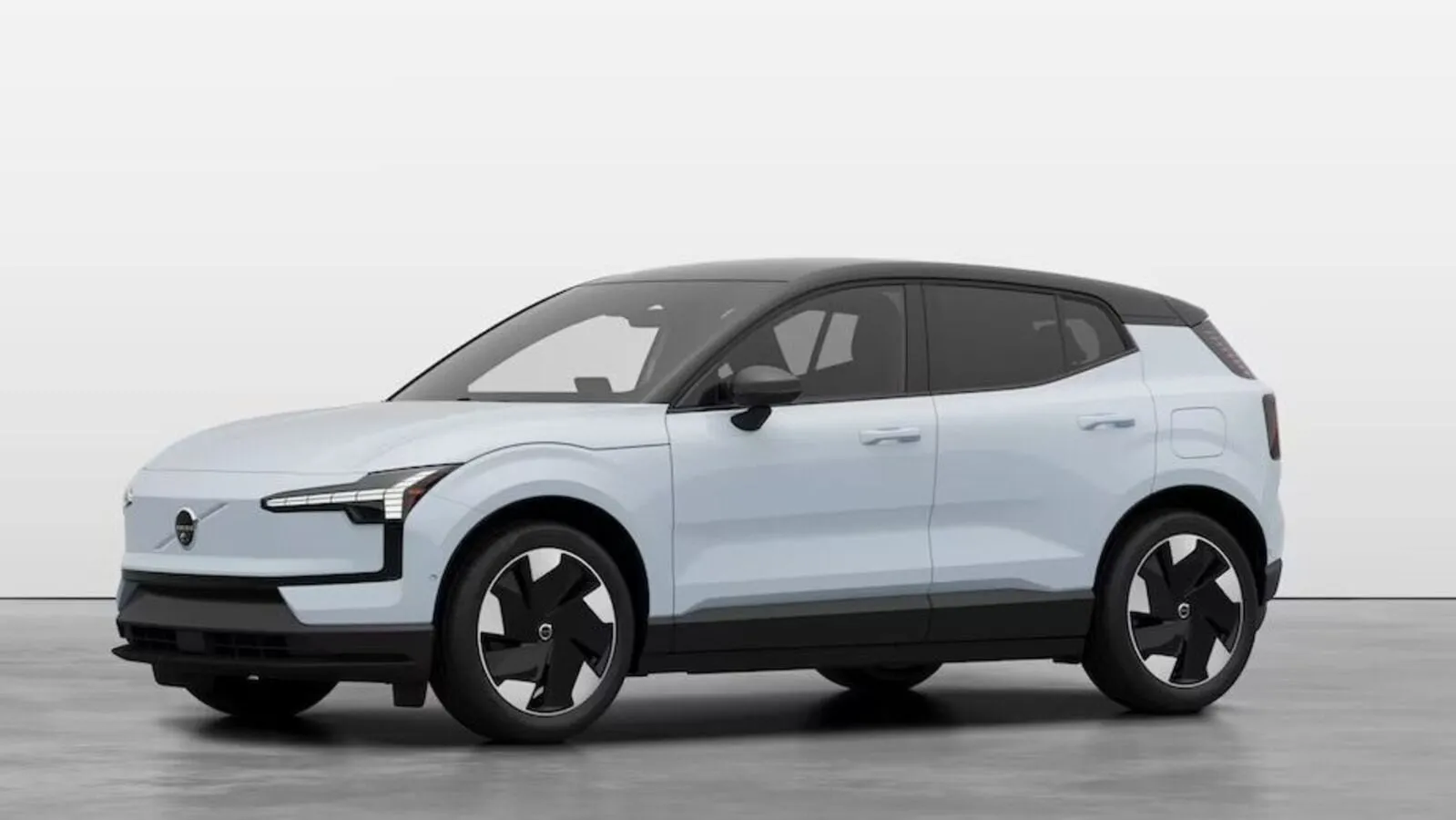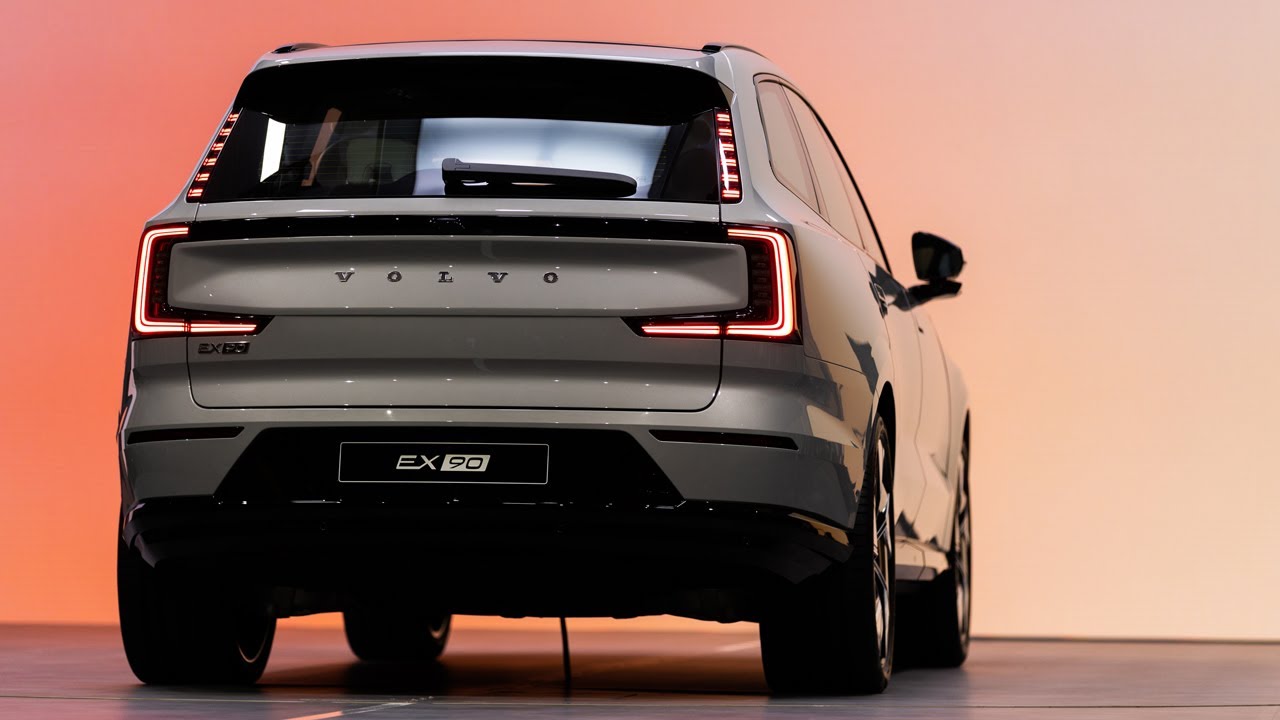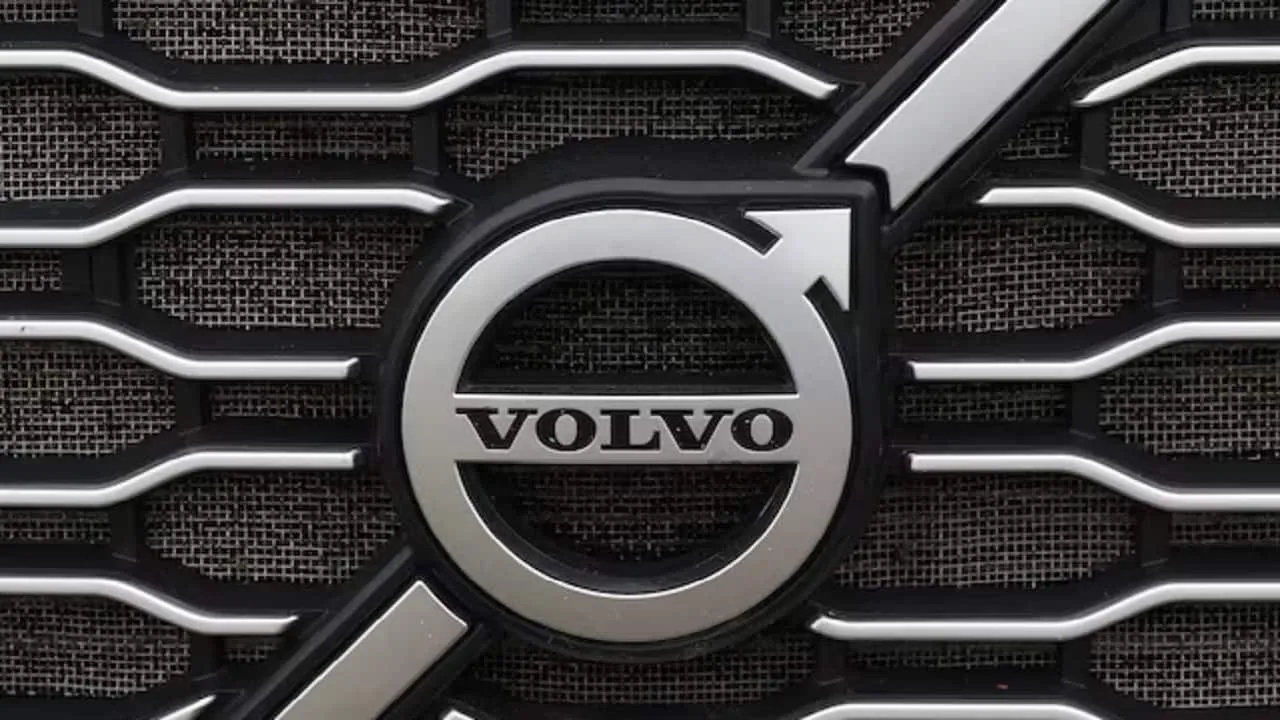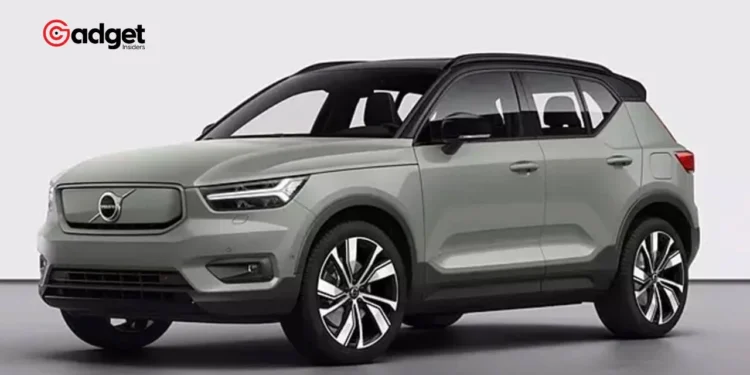In a strategic move to sidestep potential economic barriers, Volvo Cars is transitioning its production of electric vehicles (EVs) from China to Belgium. This decision comes as the European Union (EU) intensifies scrutiny over imports that benefit from Beijing’s subsidies. The shift primarily involves the manufacturing of the EX30 and EX90 models, which were previously produced in China.
According to a report by the Times, this change is a direct response to the looming threat of new tariffs by the EU aimed at Chinese-built EVs. The EU’s growing concerns revolve around the subsidies provided by Beijing to its manufacturers, which could distort competition within the European markets.
Volvo, a company with major stakes owned by China’s Geely, initially contemplated halting the sales of these models in Europe if such tariffs were enacted. However, relocating production to Belgium is expected to alleviate the need for such drastic measures.
“The shifting production of Volvo’s EX30 and EX90 models from China to Belgium is expected to negate the need for the company to halt sales,” the Times reported, quoting company insiders. This move not only aids the company in avoiding potential tariffs but also ensures a smoother supply chain and market delivery within Europe.

The Broader Implications of Volvo’s Decision
Volvo’s decision is not isolated. It mirrors broader geopolitical tensions and economic strategies reshaping global trade dynamics. The European Commission has been vocal about its stance on reducing dependency on China, especially concerning critical materials and products essential for Europe’s green transition.
This strategic pivot by The company may be seen as a part of a larger European effort to localize production and secure supply chains against external uncertainties. Last year, the European Commission launched an anti-subsidy investigation targeting fully electric cars manufactured in China.
This probe, which can last up to 13 months, scrutinizes the extent of state subsidies and their impact on market competition. Provisional anti-subsidy duties could be imposed as early as nine months from the start of the investigation.

Future Outlook for Volvo and EU-China Relations
The relocation of Volvo’s EV production is a significant development amid cooling relations between the EU and China. The latter’s alignment with Moscow post-Ukraine invasion has only added layers of complexity to an already tense relationship.
As the EU charts its course towards a more sustainable and autonomous economic future, decisions like Volvo’s might become more commonplace.
Volvo’s strategic shift not only aligns with its business objectives but also reflects its adaptability to the evolving political and economic landscape. By moving production to Belgium, Volvo not only safeguards its market interests but also contributes to Europe’s broader goals of sustainability and reduced dependency on foreign entities.

As for the potential impact on the market, Volvo’s move to Belgian production facilities could set a precedent for other companies facing similar geopolitical and economic pressures. It underscores the importance of agility in corporate strategy and the need to anticipate and respond proactively to international policy shifts.
Volvo’s initiative to adapt its production locations and strategies in the face of changing global trade policies is a clear indicator of the complex interplay between global business operations and international relations.
As the world moves towards more sustainable transportation solutions, the pathways of politics, economy, and environmental considerations will increasingly intersect, shaping the future of the automotive industry.










